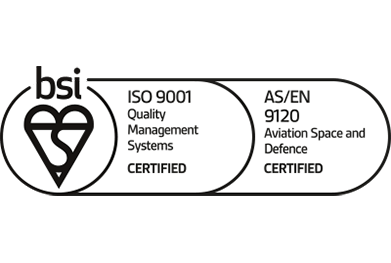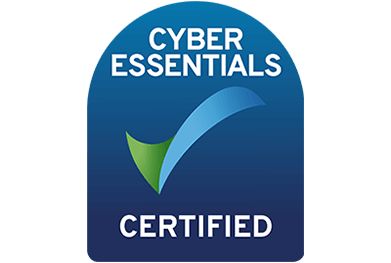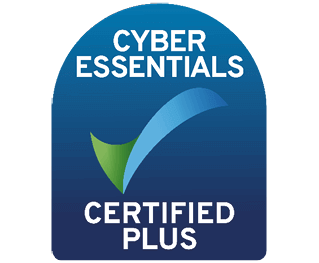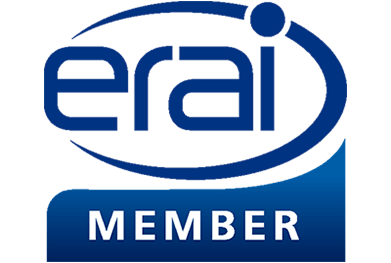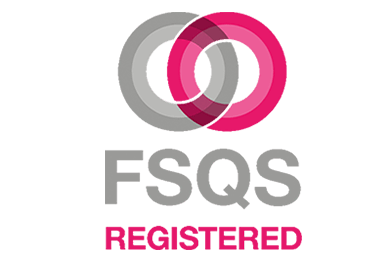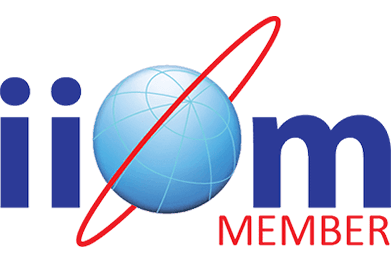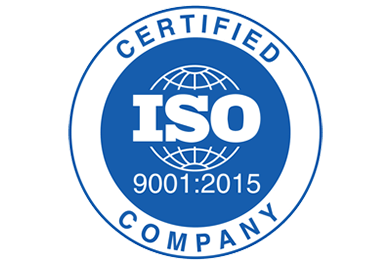Why does my business need a SCIF?
A Business Essential in the Age of Information Security
SCIFs (Sensitive Compartmented Information Facilities) pronounced as "skiffs" have evolved from their origins in World War II War Rooms into essential security tools for modern businesses. Initially developed to protect military plans from enemy espionage.
In today’s business landscape, where protecting sensitive information is paramount, SCIFs have emerged as critical assets. While their origins lie in military strategy and intelligence operations, SCIFs are now vital to various industries that handle confidential data. From defence contractors to financial institutions and tech giants, businesses increasingly rely on these secure environments to safeguard their most valuable secrets.
“We live in a world where the threat landscape is constantly evolving, this makes it absolutely vital that both governments and businesses protect critical information and infrastructure from malicious attacks”
Richard Hodgson | CEO & President, Certify Holdings
Here are six things you might not know about SCIFs that makes them a robust defence against various threats
A SCIF room can be tailored to meet the requirements of the end user and specific application, however they are built using the guiding principles of various standards and directives including, MIL-STD-188-125, DEF-STAN-59-188, SDIP-29 and the Intelligence Community Directive 705 (ICD 705), these facilities provide top-tier physical and RF security. Here’s a closer look at the key features that make SCIFs the gold standard in secure environments:
1. Physical Security
At the heart of every SCIF is robust physical security. These facilities are constructed with reinforced walls, secure doors, and tightly controlled entry points. The goal is to create a fortress-like environment that prevents unauthorised access and eavesdropping. Whether you're protecting intellectual property or sensitive client data, the physical security of a SCIF ensures that your most critical assets are safe from intrusion.
2. Radio Frequency (RF) Security
RF management ensures that the facility is secure against electronic surveillance and unauthorised signal transmission. By controlling and blocking external RF signals, SCIFs prevent potential interception of any communications or data transfers that occur within the facility.
3. Electronic Security
In addition to physical barriers, SCIFs are equipped with sophisticated electronic security measures. These include signal jamming and TEMPEST shielding, which prevent electromagnetic emissions from being detected outside the facility. These electronic countermeasures are vital for blocking any attempts at electronic surveillance, ensuring that no signals or communications can be intercepted. For companies dealing with proprietary technologies or classified information, electronic security is a must-have defence.
4. Access Control
Strict access control is another defining feature of a SCIF. Entry to these facilities is limited to individuals with the appropriate security clearance and a demonstrated need to know. Access is typically via an RF secure lobby or vestibule, monitored and logged, ensuring that only authorised personnel can enter the SCIF. This level of control helps prevent unauthorised access and maintains the integrity of the secure environment.
5. Communication Security
Within a SCIF, all forms of communication, whether phone calls or digital transmissions, are protected by advanced security measures, including encryption. This ensures that even if an external party attempts to intercept communications, they would be unable to decipher the information.
6. Enhanced Acoustic Security
Ensuring that sensitive face-to-face conversations remain confidential and protected from listening in within a SCIF by using sound masking systems. These systems, often include white noise generators, create a consistent background noise that obscures conversations, making it difficult for anyone outside the SCIF to overhear what’s being discussed.
APC Technology Group SCIFs, whether fixed or deployable, integrate these 6 key measures to offer businesses a robust defence against a wide range of threats.
What are the challenges and considerations in building a SCIF?
Firstly, building a SCIF requires a significant investment, especially because of the advanced technology and stringent security standards involved. Our technology and consulting services are designed to help organisations manage this complexity effectively. By leveraging our expertise, companies can optimise their investments and implement cost-saving strategies without compromising the required security standards.
Secondly, shipping containers or modular unit SCIFs are one of the most effective ways to reduce the cost of building a SCIF. Opting for prefabricated or modular shipping container units is one of the most popular options. These units are pre-constructed, often off-site, and then delivered and installed at your location. They offer a faster, more cost-effective solution without sacrificing security. Modular SCIFs can be designed to meet all necessary standards and can be relocated or expanded as your business needs evolve.
Another cost-saving approach would be to share a SCIF with other departments or businesses. This collaborative model allows multiple organisations to benefit from the security of a SCIF without bearing the full financial burden. Shared SCIFs are particularly advantageous for smaller businesses or those that do not require constant, exclusive access to a secure facility, particularly useful when the SCIF is being used as an RF and acoustically secure meeting room. By pooling resources, you can maintain high security standards while significantly reducing individual costs.
Navigating legal, regulatory and compliance challenges in SCIF design
It's important that your SCIF meets all legal and regulatory requirements, but it doesn’t have to break the bank. By taking proactive steps such as seeking legal advice early, using compliance software, streamlining documentation and outsourcing audits, organisations can manage the complexity of compliance in a cost-effective way.
These strategies not only help reduce costs, but also ensure that your SCIF is built to the highest standards to protect your sensitive data and keep your business safe.
Ongoing maintenance and audits: proactive cost management
Building the SCIF is only the first step. Ongoing maintenance is critical to ensure that the facility continues to meet security standards. Regular maintenance and proactive audits can prevent costly repairs and upgrades down the line. By addressing potential issues before they develop into major problems, you can keep your SCIF in top condition and avoid unexpected expenses.
In addition, regular audits ensure that the SCIF remains compliant with the latest security standards, which can evolve over time. Routine checks and updates can help your business avoid the costs associated with retrofitting or bringing an outdated SCIF up to code.
Why Choose APC Technology Group?
Building and maintaining a SCIF is a significant investment, but for organisations that handle sensitive information, it’s a necessary investment. By considering a modular container solution and opting for a regular maintenance programme from APC Technology Group, you can effectively manage costs and reap the benefits of a secure environment. After all, the security of your most valuable data is not just a cost issue, but a crucial investment in the future of your business.
Your Certified Partner for Secure, Compliant SCIF Projects


Design & Construction Services
Ask a Member of our Expert Team
Have more questions regarding SCIFs - or need advice and support for planning your own Secure Compartmented Information Facility? Our team are on hand to answer your questions and share the technical insight we have to ensure you meet your project requirements.
Request a callback from a member of our technical team to get dedicated one-to-one consultancy for your SCIF requirements.
Your Certified Partner for Secure, Compliant SCIF Projects
With 40+ years’ experience, APC Technology Group supplies genuine, traceable MIL-STD components and systems for Naval, Land and Avionic applications. As a distributor for 100+ specialist manufacturers, we deliver secure, high-reliability solutions backed by BS EN 9120, ISO 9001, Cyber Essentials Plus, AS9120 and ADS Group accreditation, ensuring trusted quality and compliance for mission-critical projects.


